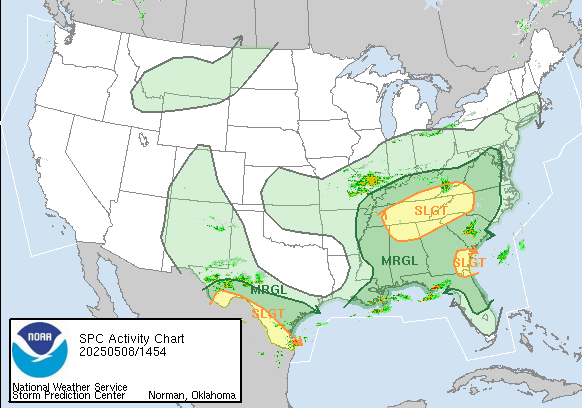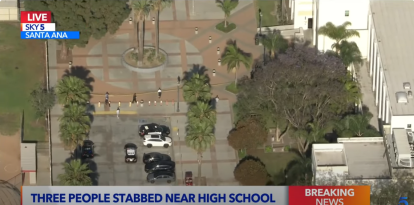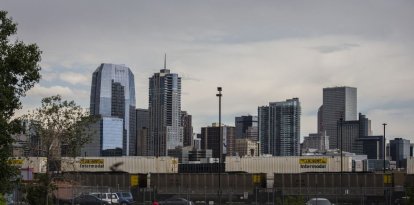Senior DHS official admits Biden's immigration policy favors cartels and human smugglers
The deputy director of Border and Immigration Policy acknowledges the consequences of releasing illegals with work permits on U.S. soil awaiting trial.

(Antonio Castaneda / Cordon Press).
The Deputy Director for Border and Immigration Policy at the Department of Homeland Security (DHS) acknowledged that the Biden administration's immigration policy is encouraging the business of smuggling people into the United States. Blas Núñez-Neto admitted that undocumented immigrants are paying between $10,000 and $15,000 per person to cartels and smugglers in the hope of crossing the border and getting a work permit while they await trial on their possible deportation, a process that takes years.
Cartels extend their networks to Colombia and the Darien Gap
In a webinar organized by the Migration Policy Institute, the deputy director stated that the people are paying large sums of money to cartels or smugglers even beyond Mexico. According to Nuñez-Neto, the lucrative business has allowed criminals to extend their networks to Colombia, the Darien Gap and even Venezuela, where their agents recruit migrants to embark on the dangerous trip across the continent.
Four to six years for the deportation trial to take place
One of the key arguments for convincing immigrants to take the first step into the U.S. is the promise that, once they manage to cross the border and after encountering Border Patrol agents, they will be released with a work permit and notice that they will receive a court summons to determine whether they can stay in the country. The process currently takes between 4-6 years, according to the deputy director.
The main problem is how long it takes Justice to process these immigrants, according to Núñez-Neto, ignoring his administration's catch-and-release policy. The State Department reported that there is currently a backlog of some 842,000 asylum applications in the courts, which could exceed 1 million by 2024.
RECOMMENDATION





















